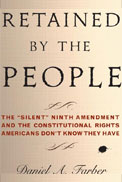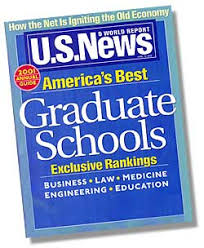I came across an article in the Winston-Salem Journal about a student at Wake Forest University Law School, who spent the better part of her 3L year writing her first novel, The Killing Tree. How did she have time for classes and other law school activities, you ask? The article notes that "her husband . . . also in law school, took notes for both of them." She could never really get into it. As she noted:
I knew that I had this desire to write, but once you're in it and you're in the system and you're doing well in classes, it didn't make sense for me to quit then. . . . There are some classes and some cases that are wonderful, and they're reasons people become lawyers in the first place. But the day-to-day grind of learning civil procedure and things like that, it was dry, and I just think naturally I'm a creative person, and I felt a void. I felt something missing.Following graduation and a few months of private practice, she decided to write on a full time basis. Regarding this decision, she said:
I had the bones of The Killing Tree and I had already felt what it feels like to do something I loved, and so I had that contrast there, and then I had a baby, too, and so everything just came together and made it an easier choice than it would have been.Fair enough. With the bad economy, and the upcoming fall recruitment prospects dwindling, I guess students need to find ways to adapt. And if that means that more students will utilize their creative abilities, it could only end up being for the best.



























